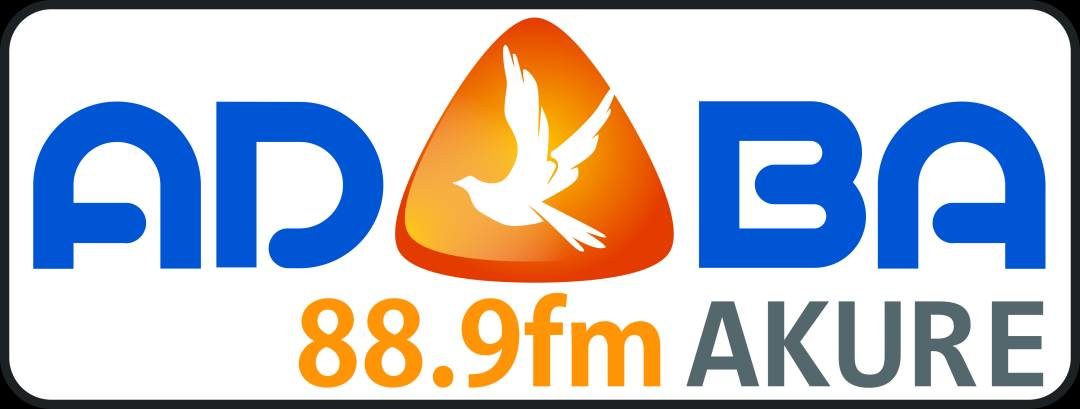New INEC policy in conducting elections amidst COVID-19 pandemic
Olasunkanmi Elujoba
As covid-19 continues to ravage every stratum of the Nigerian nation, the electoral process in the country is grappling with its fair share of the disruptive nature of the corona virus the world over.
Bye-elections have been postponed in Bayelsa, Imo and Plateau states and at some point, a dagger of uncertainty hung over other already scheduled ones, especially with the so many COVID-19 preventive measures which, if nothing at all, have hampered a great deal human interaction as it used to be.
In spite of the rise in the number of confirmed cases and the seemingly hopeless search for a cure-all drug, the Independent Electoral Commission finally decided that COVID-19 will not stop it in its bid to do its constitutional duty of ensuring the continuity of democracy.
Hence its insistence on conducting the Edo and Ondo governorship elections scheduled for September and October respectively.
While it is clear that the elections would hold as scheduled, many wondered how voters would be able to exercise their franchise in a way that is free, fair, accessible, secure and safe amidst the COVID-19 crisis.
Ensuring this became a challenge that must be immediately tackled if there was any ray of hope at all.
INEC, therefore, came up with a series of new guidelines, which it names “Policy on conducting elections in the context of COVID-19 pandemic”. This serves as the new guide on the conduct of not just election officials, but also observers, political parties, voters, amongst others, during elections.
Part of the guidelines is that protective gears would be made available to INEC officials on election duty and that voters without face mask would be turned back at the polling units.
While it may not be difficult for INEC staff to familiarise themselves with this new policy, the commission, most importantly in Edo and Ondo where governorship elections are holding months from now, must rise above lethargy to educate the electorate, effectively using radio and TV, since face-to-face enlightment campaign may not be possible.
It is not enough to put out a policy while majority of would-be voters seem to know nothing about the said policy.
In the days ahead, the state offices of INEC in these two states must seize every opportunity to educate the electorate as time is of essence. The usual fire-brigade approach that has come to be synonymous with every aspect of Nigerian life must be consigned to the dustbin this time.

